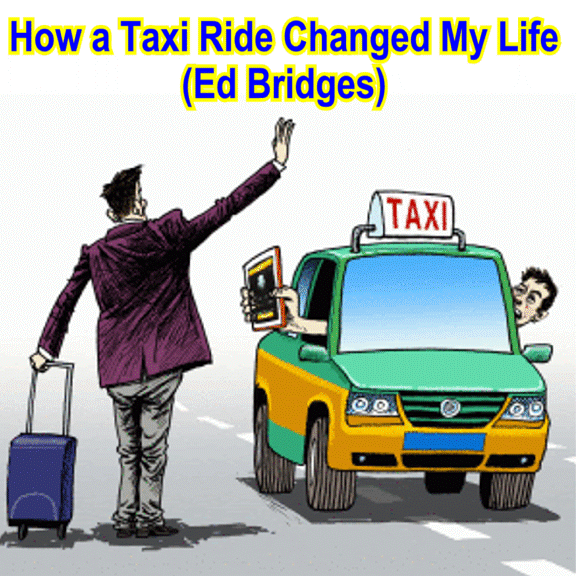Big Education Ape
AB 1835 Passes Assembly. Assists English Language Learners
AB 1835 Passed the California Assembly yesterday, and is sent to the Senate.
this would resolve our long standing conflict with Sacramento City Unified on funding of English Language Learners.
AB 1835 would require districts and other local educational agencies to identify any unspent supplemental and concentration funds by annually reconciling the estimated amounts of these funds they include in their LCAPs with the actual amounts of funding the State reports apportioning to them. This bill would also specify that unspent supplemental and concentration funds at year-end must retain their designation to increase and improve services for the intended student groups. AB 1835 will also require districts and other local educational agencies to identify in their LCAPs the total amounts of any unspent supplemental and concentration funds from the previous year.
BACKGROUND
The Local Control Funding Formula (LCFF) was enacted in 2013. The LCFF was designed to be a more equitable system of funding, with the goal of providing additional funding for the highest needs students. These subgroups of students include English learners, low-income students, and foster. If the student groups targeted for assistance make larger than a majority of enrollment, districts receive additional concentration money.
What is the conflict we have been having. Explained in the testimony below.
Testimony given to SCUSD Board, and sent to SCUSD LCAP Advisory Committee.
League of United Latin
American Citizens
(LULAC)
----
Lorenzo Patiño Council
#2862 of Sacramento
June 10,2020.
Re: LCAP Update- 2020.
In your planning to review progress under LCAP, we offer the following comments. We also addressed our concerns to the SCUSD School Board and to Superintendent Aguilar. We request that our comments be shared with all members of the LCAP Committee and that the comments be included as public comment in your public report.
On behalf of the Lorenzo Patiño Council of the League of United Latin American Citizens (LULAC) we urge you to respond to our four year long request to provide transparency in budgeting for English Language Learners. We have received budget documents from the district in response to our public records request.
LULAC is a long-standing national and local civic organization dedicated to the advancement of civil rights, including the achievement of excellent educational opportunities for every child.
For four consecutive years we have asked that you “Promote school success of English learners by adding instructional time in English through direct instruction in small groups by skilled credential teachers.” From 2017 and 2018 we urged the board to accomplish this by instructing the District to include in your budget the addition of at least 10 bilingual instructors designated to serve English Learners. These recommendations have not been adopted in your LCAP plans. They have not been responded to. They have not been included in district LCAP reports.
The Board is now charged with submitting a written report explaining to the community the changes to program offerings the district has made in response to school closures to address the COVID-19 emergency and the major impacts of such closures on students and families, including low-income students, English Learners and foster youth.
Note, for the last three years the district has received some $6 million per year to improve the educational opportunities of English Learners as a supplemental allocation under LCFF. In spite of our repeated requests, the district has not described how you have used this money to serve this targeted population.
In your now required report for June, 2020, we charge you to track English Learner Funds and ensure your accountability documents clearly show how the authorized funds are being used primarily for those students. We further request that our public comments on the failure to track funding in prior years be recorded as public comment in required reports.
In your June 19,2020, report the district should explain how the District provided the specific services required in law to English learners. How will you be ensuring that English Learners are progressing with their English language proficiency and have equal access to the curriculum? What are you doing specifically to address the needs of English Learners ?
We believe that your June 19, 2020 report should promise that a new supplement to your accountability system will be established to provide appropriate tracking of monies received from the state under LCFF supplementary and concentration funds.
Note, in response to the district’s prior refusal to provide clear accounting of funds used for English learners, the Sacramento LULAC, and the California State LULAC has taken a position of support for AB 1834 and AB 1835 ( Webber- 2020) which , if adopted, will require you by law to track these funds and will prohibit the use of funds considered “ surplus” for one year to be transferred to the district general fund in subsequent years.
Dr. Duane E. Campbell
Education Committee. LULAC
Sacramento LULAC, PO Box 162790, Sacramento, Ca. 95816.






























